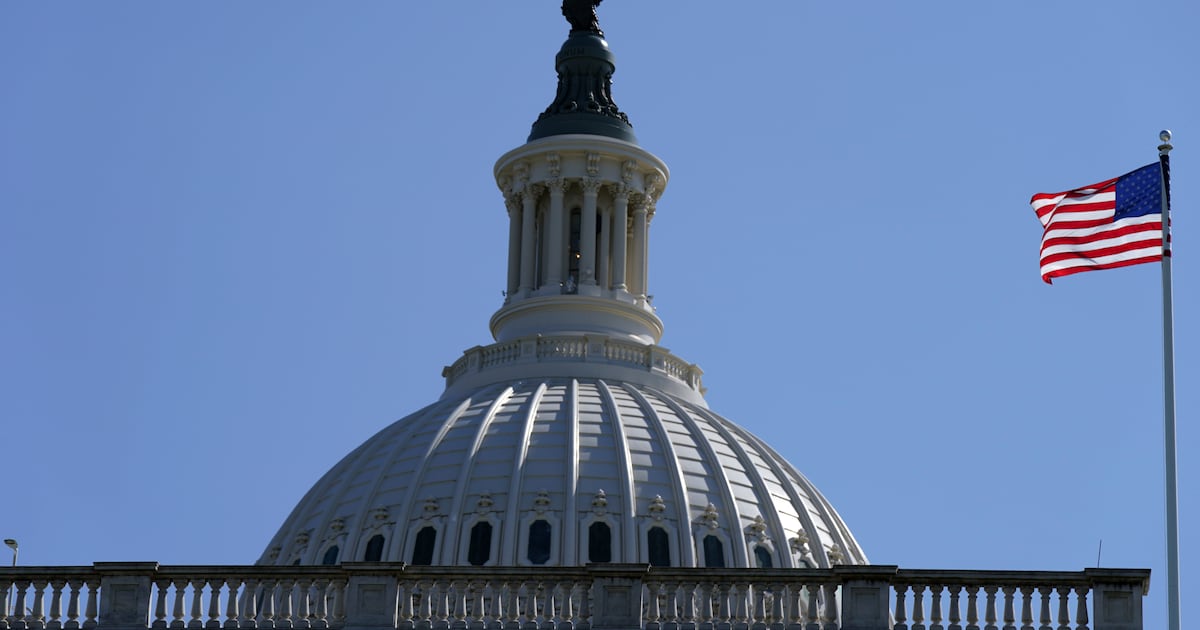Beyond Profit: Why Democracy Can't Be Reduced to a Corporate Spreadsheet

In today's complex political landscape, we're witnessing a critical disconnect between government and its fundamental purpose: serving the people. Too often, policy decisions are driven by corporate interests and financial bottom lines, leaving everyday citizens feeling overlooked and undervalued.
A truly representative government should prioritize the well-being of its people over profit margins. This means crafting policies that address real human needs: affordable healthcare, quality education, living wages, and sustainable economic opportunities. Instead of catering to wealthy special interests, our elected officials must listen to and champion the voices of ordinary Americans.
The current system feels increasingly rigged, where corporate lobbyists and big-money donors seem to have more influence than the average voter. We need leaders who are genuinely committed to transparency, accountability, and meaningful change. Leadership should be about public service, not personal enrichment or maintaining the status quo.
Rebuilding trust in our democratic institutions requires a fundamental shift in perspective. Government should be a collaborative platform that empowers communities, reduces inequality, and creates pathways for everyone to thrive, not just a select few. By refocusing on human-centered governance, we can create a more just, equitable, and responsive political system that truly works for all.
